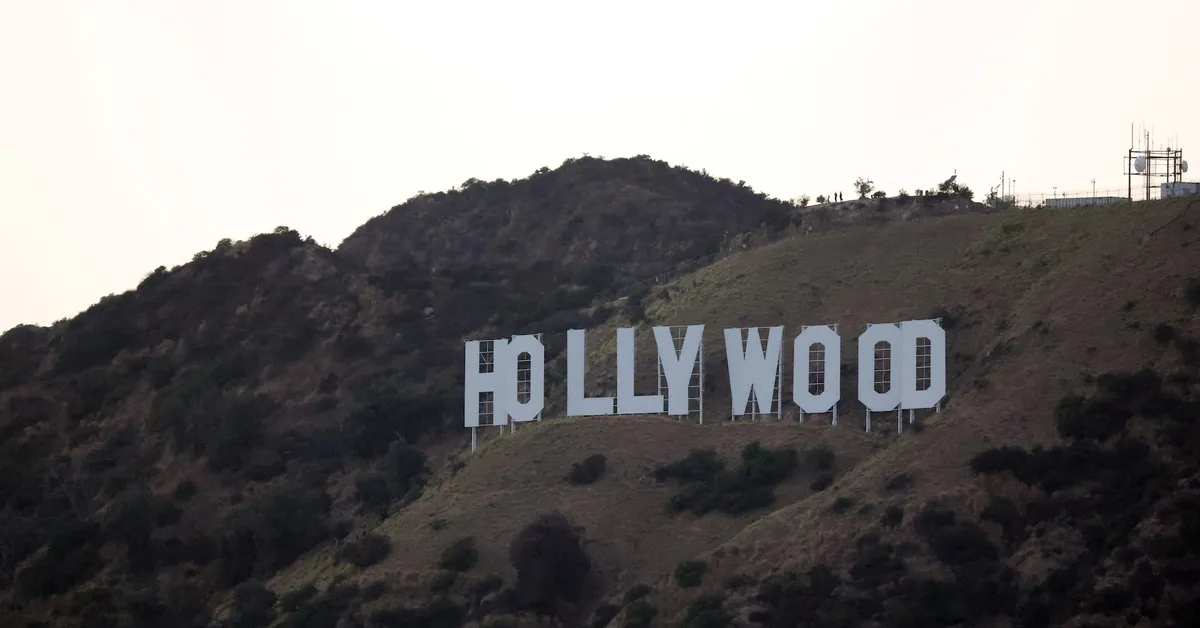
On Sunday, May 4, U.S. President Donald Trump made a significant announcement regarding the future of the American film industry. He declared a bold move to impose a 100% tariff on all movies produced outside the United States. This decision comes in response to growing concerns that the U.S. movie industry is facing severe challenges, as other countries offer lucrative incentives to attract filmmakers and studios.
Trump emphasized the urgency of the situation, stating that the U.S. movie industry is experiencing a "very fast death" due to the competitive advantages provided by foreign nations. In his message posted on Truth Social, he expressed that this trend constitutes a coordinated effort by other nations that poses a national security threat to the United States. He argued that the survival of the American film industry is not just an economic issue but also one of national pride and identity.
As part of his announcement, Trump authorized the U.S. Trade Representative to take necessary actions to implement this tariff. The move aims to protect domestic filmmakers and ensure the longevity of the U.S. film sector in the face of increasing foreign competition. This initiative is expected to not only bolster the industry but also preserve jobs and create a more favorable environment for American storytellers.
In his post, Trump articulated that the imposition of the tariff is also a response to the use of films as tools for messaging and propaganda by foreign governments. He believes that the narratives portrayed in these films can influence public perception and cultural values, making it essential for the U.S. to protect its own cinematic voice.
This announcement has sparked discussions among industry professionals, policymakers, and audiences alike, raising questions about the potential impact on international relations and the global film market. As the situation develops, many are eager to see how this bold tariff will reshape the landscape of the American film industry.
Reporting by Jasper Ward; Editing by Jacqueline Wong.